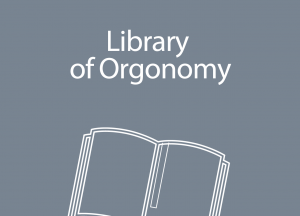The Genital Character and the Neurotic Character. The Principle of Self-regulation
From the book The Function of the Orgasm, Chapter V, by Wilhelm Reich, M.D., FS&G, New York, 1973.
Now let us contrast moralistic regulation and sex-economic self-regulation.
Morality functions as an obligation. It is incompatible with the natural gratification of instincts. Self-regulation follows the natural laws of pleasure and is not only compatible with natural instincts; it is, in fact, functionally identical with them. Moralistic regulation creates a sharp, irreconcilable psychic contradiction, i.e., morality contra nature. It thus intensifies the instinct, and this, in turn, necessitates increased moralistic defense. It precludes an efficient circulation of energy in the human organism. Selfregulation withdraws energy from an unrealizable desire by transferring it to a different goal or partner. Steadily alternating between tension and relaxation, it is consistent with all natural functions. The psychic structure molded by compulsive morality performs work perfunctorily, governed by an ego-estranged “should.” The sex-economically regulated structure performs work in harmony with sexual interests, drawing from a great reserve of life energy.
The Genital Character and the Neurotic Character (The sex-economic function of the character armor)
by Wilhelm Reich, M.D.
We now turn our attention to the reasons why a character is formed and to the economic function of the character.
The study of the dynamic function of the character reactions and of their purposeful mode of operation paves the way to the answer to the first question: in the main, the character proves to be a narcissistic defense mechanism. Thus, it would seem correct to assume that if the character serves essentially as a protection of the ego, e.g., in the analytic situation, it must have originated as an apparatus intended to ward off danger. And the character analysis of each individual case shows, when the analyst succeeds in penetrating to the character’s final stage of development, i.e., the Oedipus stage, that the character was molded under the influence of the dangers threatening from the outside world on the one hand and the pressing demands of the id on the other.





